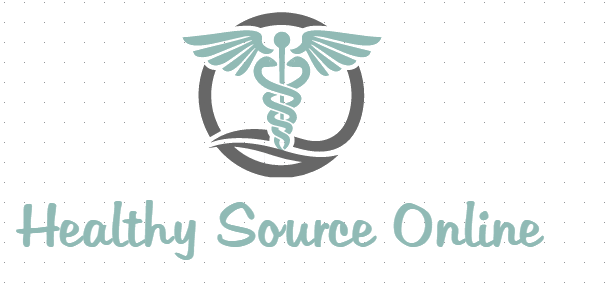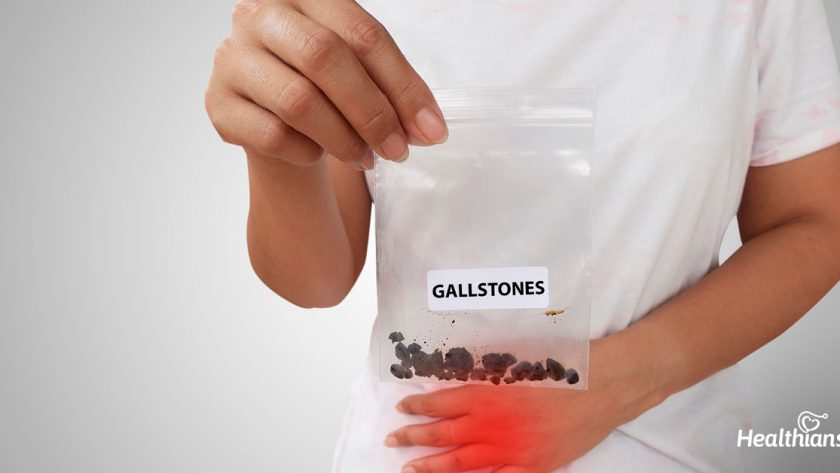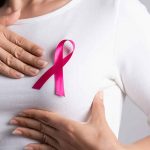[ad_1]
Contributed by: Rachana Arya
What are gallstones?
The gallbladder is a small abdominal organ tucked up under the liver, on the right side of your body. This pear-sized organ receives attention for all the wrong reasons. People only think about their gallbladder when they have abdominal pain from gallstones.
Gallstones are hardened deposits of digestive secretions. They come in all shapes and sizes and can be as little as a sand grain or the size of a golf ball. Stones can form individually or in groups. They may cause pain in the center or upper right region of the abdomen.
Symptoms of gallstones
Gallstones are the subject of many myths and misconceptions. We’ll address some of the more prevalent ones here so you know what to expect.
Myth #1: Drinking more milk is an ancient secret behind healing gallstones
Fact:
There is no research or scientific evidence to demonstrate any impact of milk on gallstones. This ‘natural remedy’ myth is best avoided.
Myth #2: Apple Juice and vinegar soften gallstones and they consequently go through the bladder with no requirement for medication or surgery.
Fact:
There is no indisputable proof to support this ‘natural remedy’ and is best avoided.
Myth #3: Excess dietary fat is the cause of gallstones
Fact:
A high intake of fats, especially saturated and trans fats may cause the gallbladder to contract and cause pain but it will not lead to the formation of gallstones.
Myth #4: Gallstones have a genetic disposition
Fact:
It is primarily a lifestyle disease that is not genetic; however, it has been seen to run in families on rare occasions. No hereditary link has been established.
Myth #5: By becoming a ‘Veggie’, you can dissolve gallstones
Fact:
There is no doubt that a vegetarian diet can lower the risk of cholesterol gallstones because of a higher intake of fruits, vegetables. However, the truth is that ‘Vegan’ diets can also be fatty.
Myth #6: Stones will pass in the urine
Fact:
Some people believe that drinking a lot of water can help them pass the stone through their urine. Gall stones form in the gallbladder, which is located beneath the liver, and should not be mistaken with urinary stones that form in the kidneys. Drinking plenty of water can not only help you lose weight, but regular exercise will as well.
Myth #7: Women who are fat are predisposed to gallstones
Fact:
Since being “overweight” or “obese” has been linked to increased levels of cholesterol, it has been reasoned that it could cause gallstones. However, this biased presumption that certain types of patients with larger bodies have gallstones is incorrect since it carried with it a focus of blame on the individual for their eating behaviors and lifestyle choices, which could cause gallstones to form.
Myth #8: Surgery for gallstones removal is risky and painful
Fact:
Surgical removal of the gallstones is very safe and effective. Postoperative complication rates are very low and occur in less than 1% of individuals.
To help improve your condition and reduce your risk of gallstones, try these tips:
- Consume small meals, but several per day to aid digestion.
- Drink adequate water throughout the day.
- Add fiber to your diet to improve bowel movements.
- Reduce your intake of fats and switch to a low-fat diet.
- Make physical health a priority and get active — whatever it takes.
Book The Full Body Checkup Today
This post has already been read 21 times!
[ad_2]
Source link




